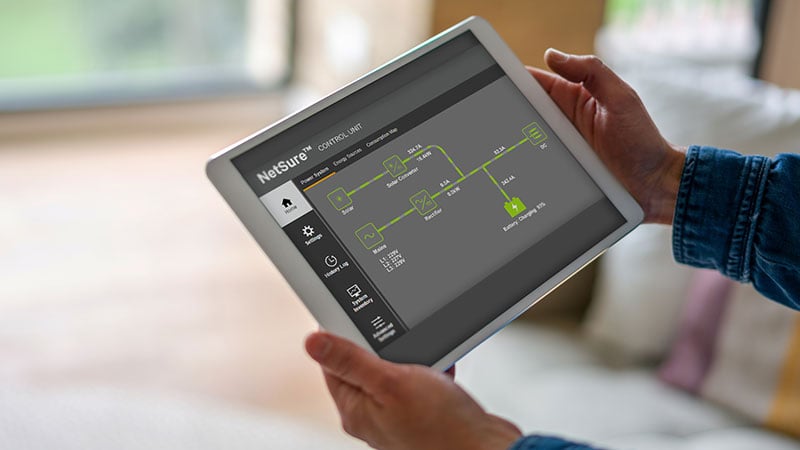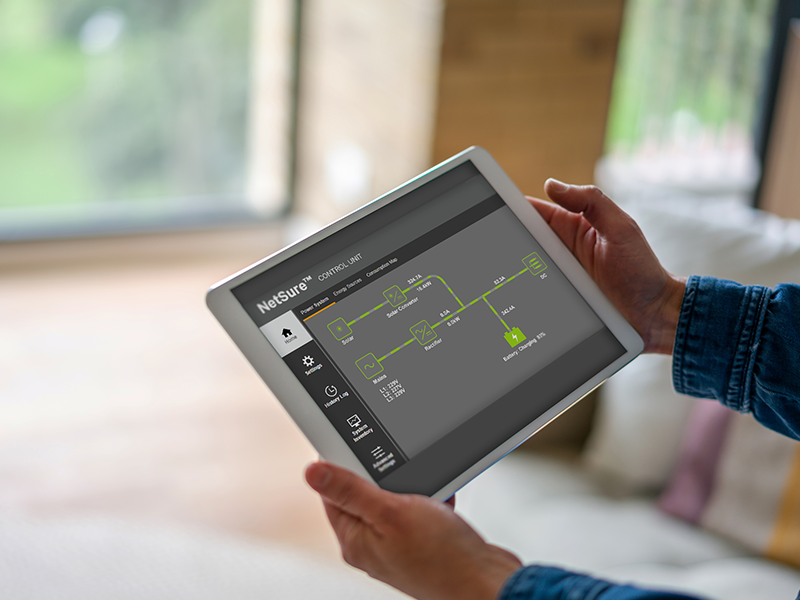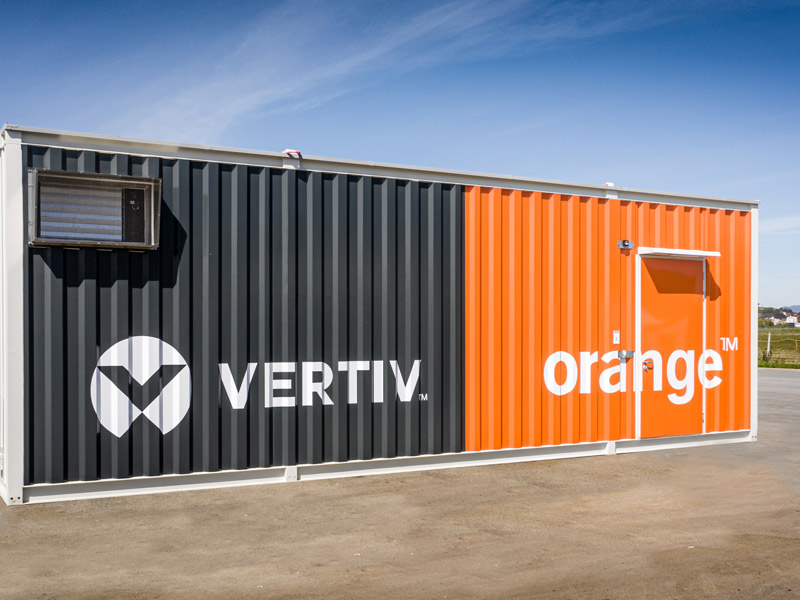The lithium-ion revolution that started in data centers several years ago is coming to telecom networks, and with good reason. Compared to traditional Valve-Regulated Lead-acid (VRLA) batteries, lithium-ion batteries have higher power densities, weigh less, last longer, recharge faster, don’t outgas, incorporate integrated monitoring and have a lower Total Cost of Ownership (TCO).
Those are the reasons lithium-ion continues to gather market share among telcos – primarily in the access space and at a faster pace outside of North America. The change has been slow, but that is the nature of telecom. The same risk-averse tendencies that preserved the VRLA status quo for many years are now driving the shift toward lithium technologies that increase efficiency across the network.
There are benefits to lithium-ion batteries even beyond the considerable physical and operational advantages they offer. Lithium is an elegant, sophisticated solution to increasingly complex networks. Lithium-ion batteries offer a level of intelligence – including built-in battery management systems (BMS) – VRLA simply can’t match. VRLA remains functional as a blunt force instrument and may even be the right choice for certain applications, but the capabilities of lithium-ion are far superior. They also are underutilized.
We are changing that with our Vertiv™ NetSure™ Control Unit (NCU), which can work with lithium-ion batteries just like VRLA or in an advanced monitoring mode that interfaces with the battery management system to pull key data and alarms from the BMS into the NCU. Working together, these systems follow lithium-ion batteries across the network, monitoring battery levels and discharge events, and predicting potential issues to help ensure more reliable battery performance. It’s possible to do some monitoring with VRLA batteries, but it always requires a third-party solution that adds cost and complexity to every deployment.
The intelligence lithium-ion offers is more critical than ever in today’s networks, which are growing and densifying. With the Vertiv NCU and lithium-ion batteries, operators have a clear view of the battery models at each site, the status of those batteries, discharge events and performance data, and can respond to faults before any loss of service. While VRLA batteries die suddenly and usually without much warning, lithium-ion batteries age gracefully, allowing operators to manage their end of life and transition safely and securely to new batteries. This is invaluable when scaled to thousands of sites across a typical network.
These are built-in features, available at no extra cost. These capabilities exist within the Vertiv NCU and the BMS of the batteries we offer, available to the operator via a simple Modbus connection using RJ45 cables. With the increasing proliferation of lithium-ion batteries, these are features whose time has come.
Are you using lithium-ion batteries in your network? If so, are you taking advantage of the intelligence built into those batteries?
Read other articles in this series here.











